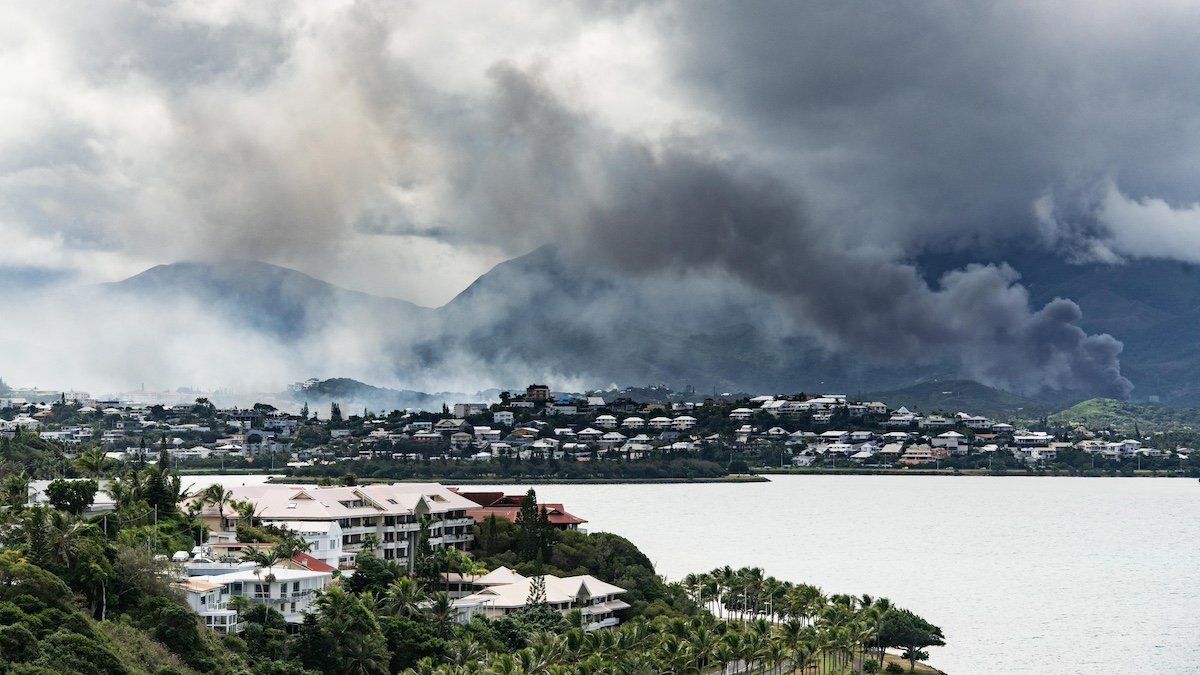France declared a 12-day state of emergency and banned TikTok in its South Pacific territory of New Caledonia on Thursday after at least four people were killed and hundreds more injured in riots that broke out Monday. Members of the indigenous Kanak people are reacting to a new law passed over 10,000 miles away in Paris that would give some French citizens from the metropole local voting rights and potentially dilute Kanak sovereignty.
Residents in the capital, Nouméa, report being confined to their homes for over two days, sheltering from the gunfire outside. French Prime Minister Gabriel Attal promised to send an additional 1,000 security officers to reinforce local authorities and justified removing access to TikTok because it was raising tensions.
At the heart of the violence is France’s strained relations with Kanak activists, who have pressed for independence since the 1980s. France has held independence referenda three times, each of which failed (though the most recent, 2021, was boycotted by pro-independence leaders). If the non-Kanak franchise is expanded, supporters of independence fear the window for self-determination could close entirely.
Paris expects to regain control of the situation shortly, but we’re watching for signs it might soft-pedal voting reforms to cool temperatures. It’s all an unwelcome distraction for French President Emmanuel Macron, who had hoped to turn political discourse toward his economic achievements ahead of EU elections, according to Eurasia Group analyst Mujtaba Rahman.